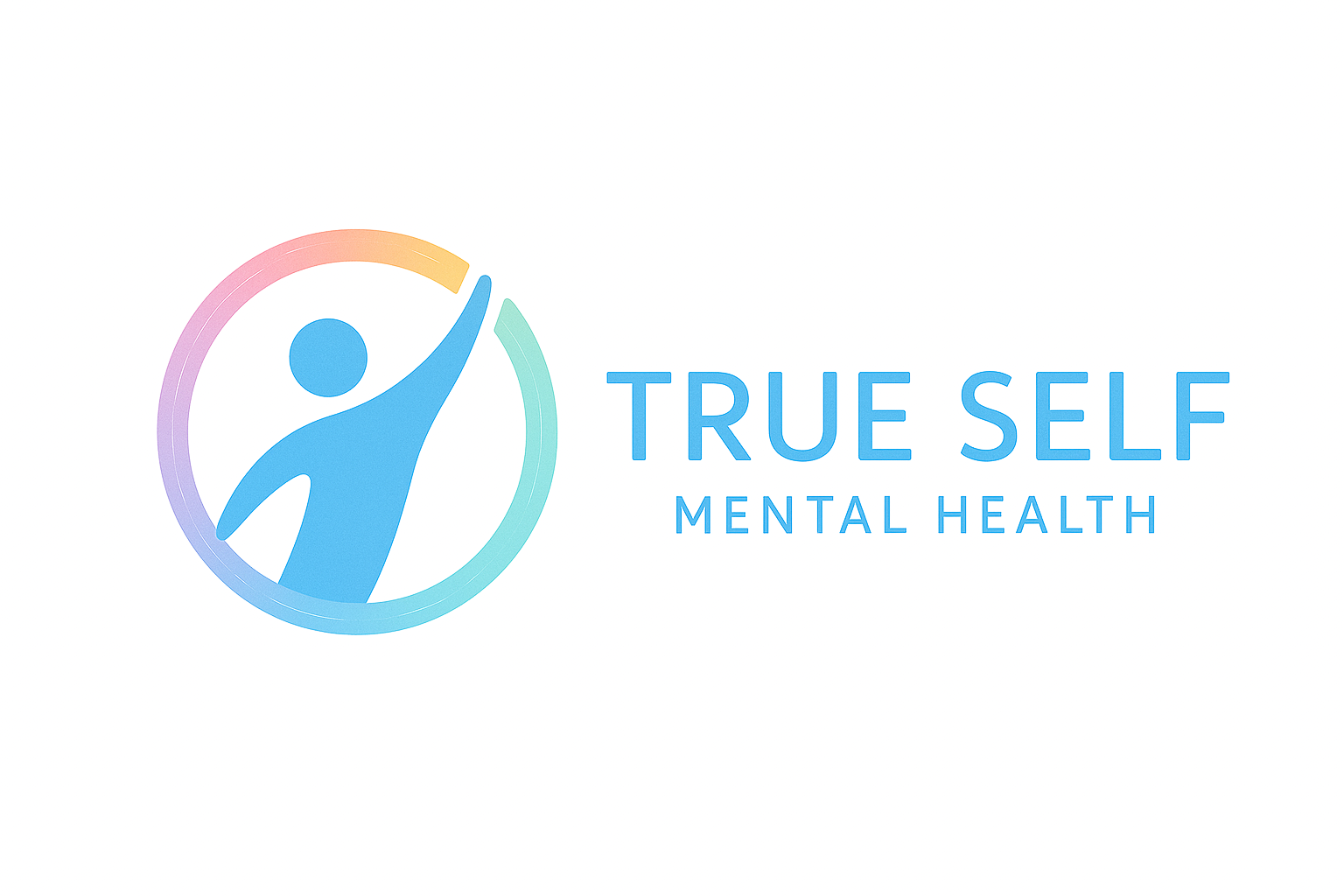Trauma-Informed Care: A Pathway to Long-Term Healing
- True Self Mental Health

- Sep 26, 2025
- 4 min read
Updated: Nov 7, 2025
Healing from trauma isn't just a goal, it's a journey that requires safe and affirming support. Trauma-informed treatment offers this, especially for those navigating the challenges of LGBTQ+ mental health. Imagine appointments where your identity is affirmed, and your unique experiences are understood. This compassionate approach not only nurtures personal growth but also paves the way for long-term healing. Ready to embrace this path? Reach out to True Self Mental Health and begin your journey towards wellness today. For more information, you can read about the benefits of trauma therapy.
Understanding Trauma-Informed Treatment

Trauma-informed treatment is a compassionate approach designed to acknowledge and address the impact of trauma on an individual's mental health. This method emphasizes creating an environment where patients feel safe and understood. It's especially beneficial for marginalized groups like the LGBTQ+ community, who often face unique mental health challenges. By recognizing the widespread impact of trauma, providers can better support individuals on their path to healing.
Importance of Safe Spaces
Creating safe spaces in therapy is crucial for effective healing. Safe spaces allow individuals to express themselves without fear of judgment or discrimination. For trauma survivors, this setting is vital because it fosters trust and openness.
In a safe space, patients are more likely to share their experiences and feelings.
A non-judgmental atmosphere encourages transparency, crucial for addressing trauma-related issues.
Providers can use a personalized approach to meet the unique needs of each client.
Providing a safe space is not just about physical comfort but emotional security. Feeling secure in appointments helps individuals process difficult emotions and memories. This environment is essential for LGBTQ+ individuals who might have faced rejection based on their identity.
A supportive setting ensures that treatment is inclusive, affirming, and effective. This approach aligns with the principles outlined in Understanding the Benefits of a Trauma-Informed Therapist.
Affirming Identities in Treatment
Another essential aspect of trauma-informed treatment is affirming the identities of all clients. This approach recognizes that each person's identity is integral to their healing process. When clients feel their identities are acknowledged, it enhances their overall experience.
Identity affirmation involves recognizing and respecting a client's gender identity, sexual orientation, and cultural background.
Providers should use inclusive language and avoid assumptions about a client's identity.
By affirming identities, providers build a more trusting therapeutic relationship.
Affirming identities helps clients feel valued and understood, reducing feelings of isolation. For LGBTQ+ individuals, this can be particularly empowering. It encourages them to engage more fully in treatment.
Ensuring that treatment is an affirming space promotes mental wellness and personal growth. It aligns with the principles discussed in The Benefits of Trauma-Informed Care.
Benefits of Trauma-Informed Care

Trauma-informed care offers numerous benefits for individuals, particularly when addressing long-term healing and personal growth. This compassionate approach can transform the therapeutic experience, making it more effective and tailored to individual needs.
Supporting Long-Term Healing
Long-term healing is a primary goal of trauma-informed care. This approach focuses on understanding the ongoing impact of trauma and developing strategies for sustained recovery.
Acknowledging Trauma: Therapists recognize the widespread impact of trauma and tailor their approach accordingly.
Building Trust: Establishing a trusting relationship is crucial for ongoing support and healing.
Empowering Clients: Clients are encouraged to take an active role in their recovery process.
Trauma-informed care supports long-term healing by providing consistent and empathetic support. Clients can develop coping skills and resilience, essential for sustained mental wellness.
This method is particularly beneficial for those who have experienced complex trauma, as outlined in 10 Benefits of Trauma-Informed Care.
Promoting Personal Growth
Trauma-informed care not only aids in recovery but also supports personal growth. This approach helps individuals understand themselves better and build a stronger sense of self.
Self-Understanding: Clients gain insights into how trauma affects their behavior and emotions.
Skill Development: Therapy focuses on developing coping and emotional regulation skills.
Resilience Building: Individuals learn to navigate challenges with greater resilience.
Promoting personal growth involves empowering clients to make positive changes in their lives. By understanding their trauma and its effects, they can develop a stronger identity and improved mental wellness.
This growth is essential for long-term satisfaction and well-being, as emphasized in the benefits of trauma-informed care.
LGBTQ+ Mental Health Focus

Trauma-informed therapy is especially critical for addressing the mental health needs of the LGBTQ+ community. By focusing on inclusive care, therapists can better support these individuals in overcoming unique challenges.
Addressing Unique Challenges
The LGBTQ+ community often faces distinct challenges that can impact mental health. Trauma-informed treatment addresses these by recognizing and validating these experiences.
Discrimination and Stigma: Many LGBTQ+ individuals experience discrimination, contributing to trauma and mental health issues.
Identity Struggles: Navigating identity can be challenging, especially in unsupportive environments.
Community Support: Access to supportive networks is crucial for mental wellness.
Providers, such as therapists, psychiatrists and nurse practitioners, who understand these unique challenges can provide more effective care. By acknowledging these factors, treatment becomes a safe space for exploration and healing.
This approach aligns with the perspectives shared in Understanding the Benefits of a Trauma-Informed Therapist.
Embracing Inclusive Care
Inclusive care is essential for addressing the mental health needs of the LGBTQ+ community. Trauma-informed therapy emphasizes inclusivity, ensuring that all clients feel respected and valued.
Cultural Competence: Therapists should be knowledgeable about LGBTQ+ issues and mindful of cultural nuances.
Affirming Practices: Using inclusive language and practices helps affirm clients' identities.
Client-Centered Approach: Therapy should be tailored to meet the specific needs of each individual.
Inclusive care fosters a sense of belonging and security, vital for effective therapy. It encourages clients to engage fully in their healing journey, promoting long-term well-being.
This inclusive approach is highlighted in The Benefits of Trauma-Informed Care, offering hope and healing to all individuals. 🌈





Comments